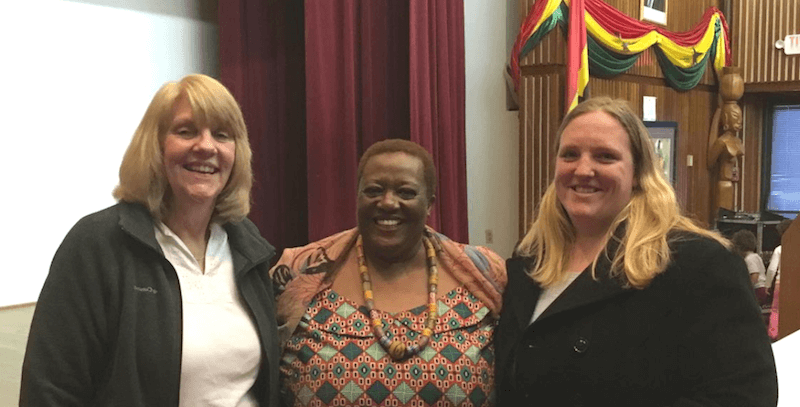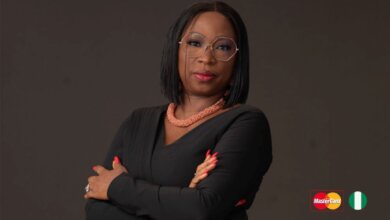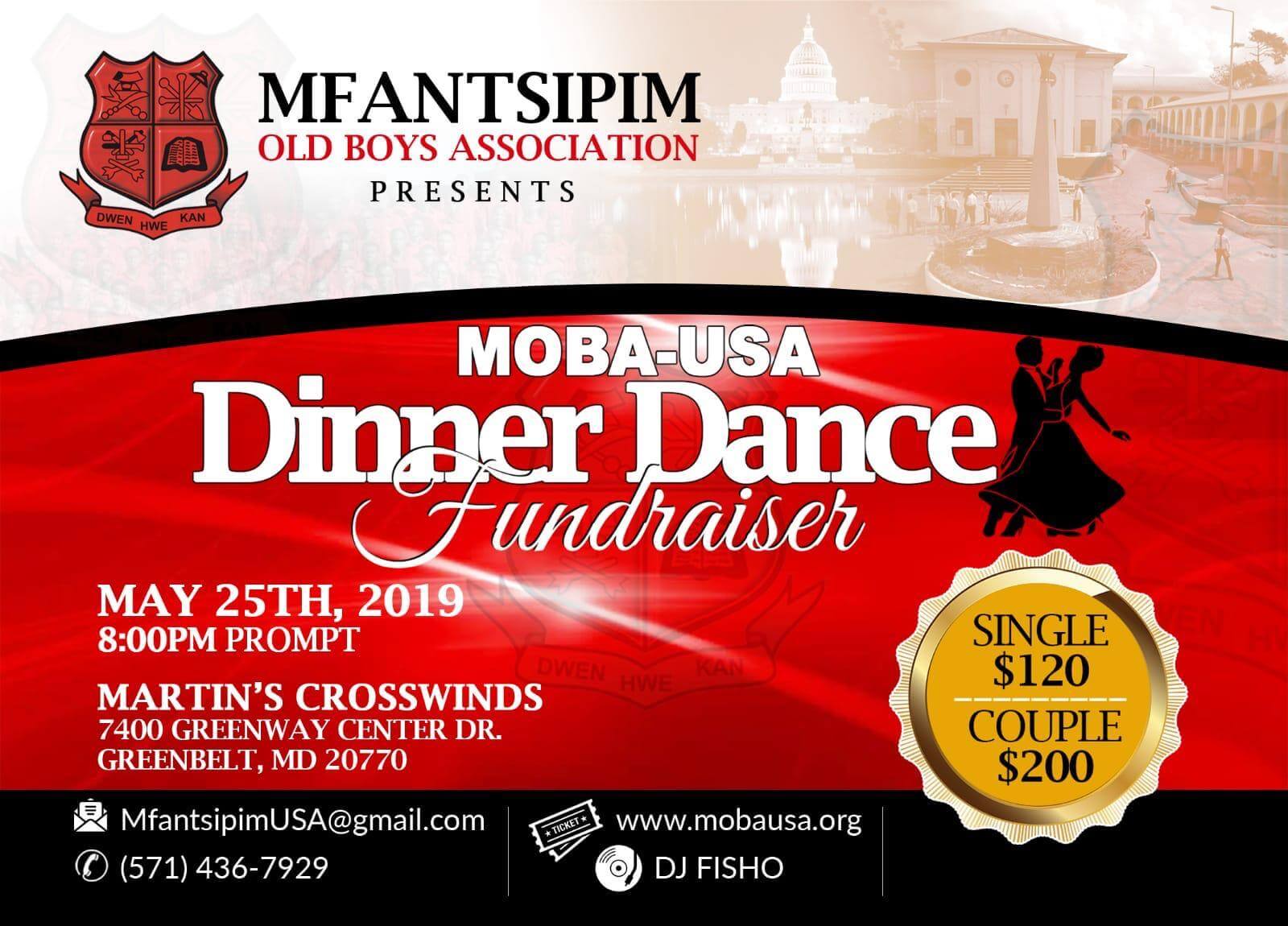I want to naturally help awaken the minds of our people — Yahoshua Williams
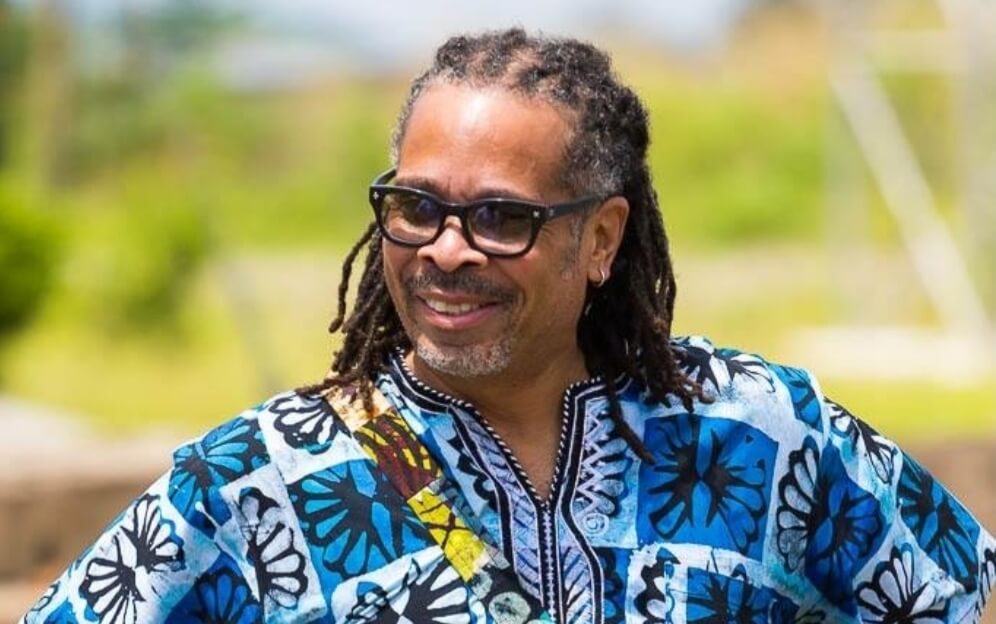
This is the third and final installment in my series of conversations conducted with African-Americans who moved from the United States (US) to establish new lives in Ghana and along the journey became citizens of Ghana. I had this last chat with Yahoshua Williams.
To read my first publication with Tahira Mohammed and the second one with Masao Meroe click on their names or visit TheAfricanDream.net and type their names in the search engine in case you missed them. Do feel free to read and share and let me know if you have any personal lessons for me. For now, it’s the turn of Yahoshua Williams who first visited Ghana in 2003 as part of a group of 34 adults and children that moved to Ghana.
Yahoshua said to TheAfricanDream.net that at the time: “We lived in Cape Coast, but gradually everyone in the group began to return to the US. My wife Candace and I were not married to each other at the time — we also joined the others to the US eventually. But out of that group, we are the only 2 who decided to return permanently to Ghana. Yes, it was a long time between 2003 and 2017 when we came this time, but we always longed to return since we left.” Below are Yahoshua’s answers to my questions…
Q: Where were you born originally and where did you live/work in the US?
A: I was born in Baltimore, Maryland. My family moved to Columbia Maryland which is between Baltimore and Washington DC when I was 10 years old. I worked in Columbia and Baltimore for many years.
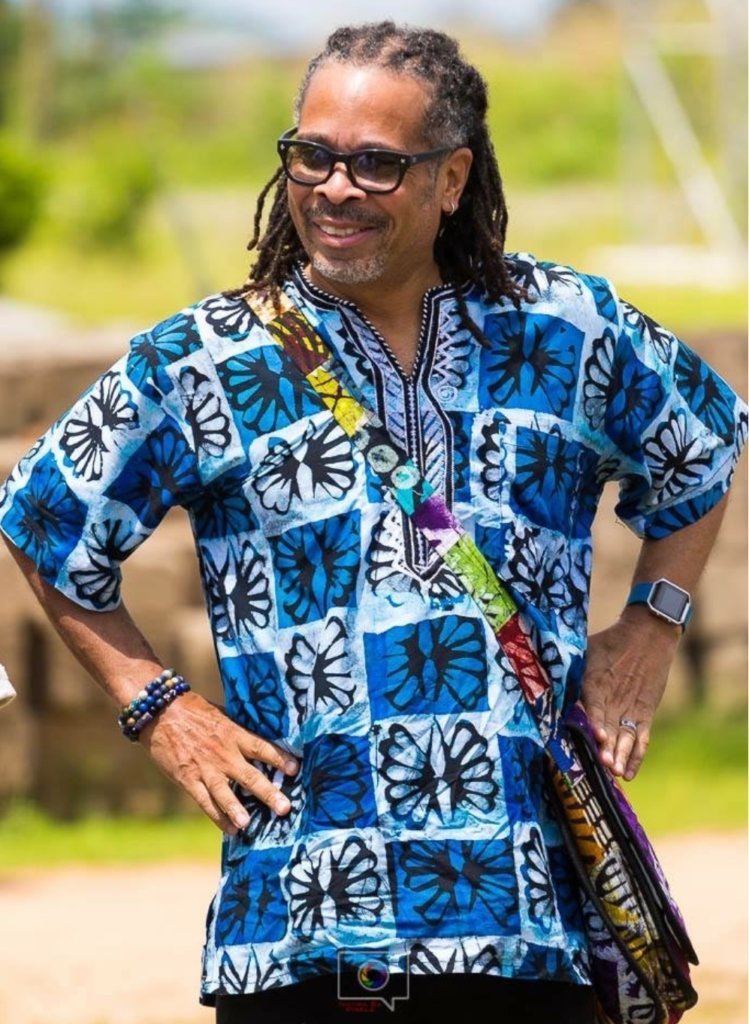
Q: What made you decide to relocate to Ghana?
A: The first thing that comes to mind when someone asks about what made us decide to relocate to Ghana was FREEDOM! Plus, Ghana was our first encounter with the continent since our ancestors were taken from here. But the main reason was and still is freedom, it is a spiritual connection. I don’t mean spiritual from a religious perspective either. What I mean is that it’s an inward connection and vibration that feels right.
We know Ghana isn’t perfect. However, we firmly believe we together with our Ghanaian family can make her perfect. We also believe that Ghana is the perfect place to bring healing and restoration not only for us coming from the African Diaspora and for those born here, but to be a catalyst for the rest of Africa to return to our GOOD WAYS before colonialism. All of us lost something, especially that edge that made us self-reliant, innovators, and not seeking European approval and support.
We believe that that virtue can be restored in us all. But we must first be honest with ourselves and see clearly that we are not who we should be and that we must rid ourselves of the things that prevent us from being who we should be.
Read also: Ghanaian Clothes Maker, Kwabena Asamoah Tailors his way up
Q: What did you do to get by after moving to Ghana
A: For me, I have retired. However, we don’t want to depend upon that. If the system back in the US collapses, then what? I know what’s rightfully mine also. But we came here to start a new life. We also have an NGO called “The RepatAssistance Initiative” formerly known as the “The ME Within Me” Youth Empowerment Program. I’m a graphic designer by trade so I do some freelance work also. Again, we will soon be launching our online retail shop promoting African goods.
On another note, we decided to merge the efforts of our NGO with a true advocacy organization called BADA, — Bureau of African Diaspora Affairs. We didn’t see any need to duplicate efforts with an already existing organization. We thought it was wiser to work together and make a bigger stronger more impactful organization. And we are beginning to do just that. We have some major plans in the working that will positively impact all of us. Our website is www.repatassistance.org. On another very important note, we will be concentrating our efforts not only on major projects here in Ghana but also to empower the young adults and youth. All too often, older adults exclude the youths from present-day projects. All of us not only have to know and understand our roles but we also need to know when to pass the baton.
Far too many visions die when the progenitor dies. We have to know when to transition from workers to counselors and wisdom-givers. Most of our youth are dissatisfied with many of the seniors today. I say seniors because, respectively, I believe it’s a difference between a senior and an elder. Everyone who is old isn’t suitable for eldership, in my opinion. This is where the term “old fool” comes into place. We should respect our elders, but unfortunately too many are in the way of progress because they make most things about them which also includes excluding new ideas, new methods, new people, and the youth and young adults.
Q: When did you get your citizenship, describe the feeling and the sense of responsibility it now gives you towards Ghana
A: I received my citizenship Wednesday, the 27th of November 2019 when the 126 other applicants got theirs. I had mixed feelings because of what transpired. Some clear mess-ups have yet to be rectified. My wife and I both applied at the same time in 2017 with one organization. We were on the master list. There was an opportunity to apply with another organization in 2018 to assure we were going to make the list. We applied the second time because we were not hearing anything as far as updates from the one organization. We both went to the interview process together and got interviewed together. What’s strange is that, everyone on that day — I won’t forget August 22, 2019 — was missing on the master list. We worked with the advocacy organization I mentioned to help rectify this mess up but were not successful as many including for including my wife fell through the cracks.
We in the process discovered that many married people who applied with their spouses were left off by mistake. My wife and I do everything together. And what should have been not just a historical moment for everyone was missed. I was hurt and disappointed, to say the least. Keep in mind we were helping behind the scenes for a long time and are active in advocacy. I know things happen and I was assured by good people in high positions in this process that it will be fixed. Our team of leaders submitted a list of all the missing names. We are just waiting to hear about the way forward.
But here is another important part. We need advocacy for “The Right to Return” which is part of international law to help in this process. As was in 2016, this citizenship process also happened via executive order. We need legislation in place that we will all know the process for us coming from the Diaspora via the Transatlantic Slave Trade. Our situation and circumstances are different than any other group of people in the world. Our ancestors were taken from here as Africans and we, their children have returned as Africans.
Q: If you could, what would you love to change about Ghana and why
A: I would change the education system and the laws about churches. The education system should not be a system whereby the curriculum is British based. It needs to be African centered. Students should know their history as that will help them with self-esteem, ethnic and cultural pride and also help them know who we are. Also, the education system should not be modeled after the Western world. It should be purpose-driven, meaning each child should have choices after learning basic core courses. They should be prepared to fill the pipeline for Ghana’s future. Trades should be emphasized as well as specialty areas so that we don’t have to keep looking to foreigners to do what we should be equipped to do for ourselves.
As far as the churches are concerned, there are way too many churches in Ghana. If churches paid taxes like any other businesses, I guarantee you wouldn’t see as many still standing. Pastors should also be held to high standards and be accountable to their local communities. They should be putting money into roads and schools and other infrastructure-related things, especially where they are set up instead of spending money on fine clothes and fancy cars.
Q: What future do you see for yourself now as a Ghanaian and American and how do you want to bring about positive change.
A: I see the future as very bright! I see the best parts of both worlds coming together to make for a better Ghana. Some people seem to believe that we should come here and rid ourselves of everything we have learnt from the US. I disagree. Granted there are some bad things just like there are some bad things here. However, not all that we were taught there was bad. Ghana can benefit from some of the things we’ve acquired.
Q: Besides your Ghanaian name [Kojo] what other Ghanaian identity are you proud of?
A: Well, I feel more so than and Ghanaian identity it’s being truly connected to the continent itself. My wife and I did our African Ancestry DNA. My maternal DNA test revealed that I’m 100% connected to the Temne people living it what’s called modern-day Sierra Leone. Now any sensible person should know that at one point in history before colonialism, there weren’t these invisible borders. Many of our people are the same people but because of migration and often survival they separated and moved to different areas. In my discoveries, we found many of the peoples of West Africa migrated from North East Africa, what is known today as Egypt “Kemet” and Israel. My ancestry suggests that also.
Most people here know me as “Yahoshua,” I was given that name many years ago. Yahoshua is the Hebrew variation of Joshua. The name simply means “savior” or “deliverer” or ‘Yahweh/Yahowah will save.’ What comes naturally to me is helping to wake up the minds of our people towards liberation and self-reliance. I love helping gather people together and don’t mind sharing positive things that provoke thinking so that we can again, analyze present-day things and situations and find viable solutions amongst ourselves.
I believe there are two sides we can choose to be on in life; it’s either the side of helping to liberate us as a collective or to keep us enslaved on one level or another. There is no gray area. This is why my motto is “If you don’t work to help make the world better for the next generation while you are alive, you’re wasting your life.“
Written by Oral Ofori
Oral Ofori is Founder and Publisher at www.TheAfricanDream.net, a digital storyteller and producer, and also an information and research consultant.

